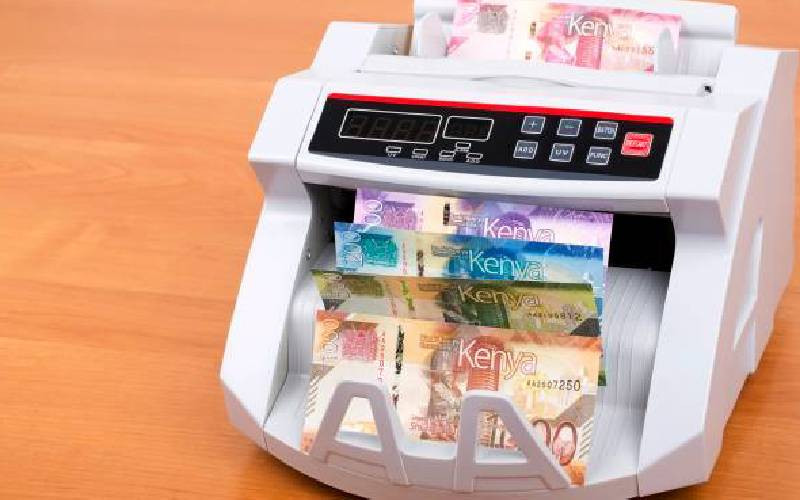
The number of customers who would vouch for their banks to other individuals is dropping, data from Kenya Bankers Association (KBA) shows.
This puts more pressure on financial institutions to relook at how they deal with their clients.
According to the industry lobby’s data, there has also been a marked drop over years in the percentage of customers who had their issues settled within two days of raising them, which explains why fewer customers would recommend their banks to other potential customers.
The 2023 KBA Survey on Customer Satisfaction released last month shows 68.9 per cent of customers polled said they got a response to their complaints within two days of raising them.
This was down from 74 per cent in 2021 and 77 per cent a year earlier.
This shows fewer and fewer customers are having their issues settled in a timely manner, hence the growing disaffection with their lenders.
In the latest survey, KBA notes the need for Service Level Agreements (SLAs) to help in addressing complaints within the shortest time possible. “Some 23.5 per cent of the respondents in 2022, compared to 20 per cent in 2021, indicated that their banks respond to complaints within two days, sometimes, denoting the need for clear SLAs and strict adherence to the same, among banks that fall in this category,” reads the survey report.
In the annual customer satisfaction surveys, KBA looks into the possibility of customers recommending their banks to others based on how satisfied the level of service they get.
This is key in helping banks market themselves through word of mouth by their customers. However, over the last three years, the number of those who would put in a good word for the bank has been dropping, which can possibly be linked to a rise in complainants.
In the latest survey, the percentage of those who would recommend their bank to others stood last year at 55.8 per cent, down from 77.6 per cent in 2021 and 92.84 per cent in 2020. It would appear lenders have slackened on the level of service they offer to their customers going by the falling trend since the highs of 2020.
“This is certainly a glowing endorsement of the efforts and investments banks have made to better serve the banking public,” noted KBA in the 2020 survey in reference to the 92.84 per cent response of those who would vouch for their bank.
In the latest survey, which looks into the year 2022, unlike other years where KBA categorised respondents into two pools of “yes” and “no” on the question if they would refer their banks to others, there were three categories this time.
These are “promoters,” “detractors” and “passives.” Promoters are considered more loyal customers, who would recommend their bank to their families and friends.
Their score in a range of zero and 10 is either nine or 10. Passive respondents, on the other hand, are those whose enthusiasm is on a rating of seven or eight.
KBA describes them are largely indifferent and therefore not willing to share either positive or negative feedback about their banks.
Unsatisfied customers
It is with the detractors where the challenge lies. “Detractors are those respondents who answer the question with a six or lower; these respondents are unsatisfied customers who could actively harm the bank’s brand by making their complaints public,” says KBA in the survey.
But while the portion of those happy with their bank has been declining over the last three years, KBA says the results of the latest survey are still impressive.
“Given these trends, the industry’s standing, especially from a promoter’s standpoint is impressive as research shows that the lifetime value of a promoter is 2.5 times higher than that of a detractor, while detractors are 2.3 times more likely to switch to another financial organisation compared to a promoter,” says the lobby.
“More importantly, research has shown that a higher net promoter score (NPS) correlates positively with revenue.”
KBA, however, notes that the trend goes to show the importance of customer loyalty in driving competition in the industry.
It references a study published by the London School of Economics titled Advocacy Drives Growth, where an average NPS increase of seven per centre correlates to about a one per cent increase in revenue growth.
“As banks continue to face increased competition among each other and from emerging FinTechs, the need for customer retention and acquisition, that is the ability of its customers to recommend it to their close associates, has become so important,” says KBA. The lobby says word of mouth is the highest form of endorsement or validation any client can give to the bank as a result of their customer experience.
“It shows that the customer is not just a user of the service in question but has graduated to the level of being an unofficial ambassador and influencer, sometimes unconsciously,” noted KBA in the survey.

No comments:
Post a Comment